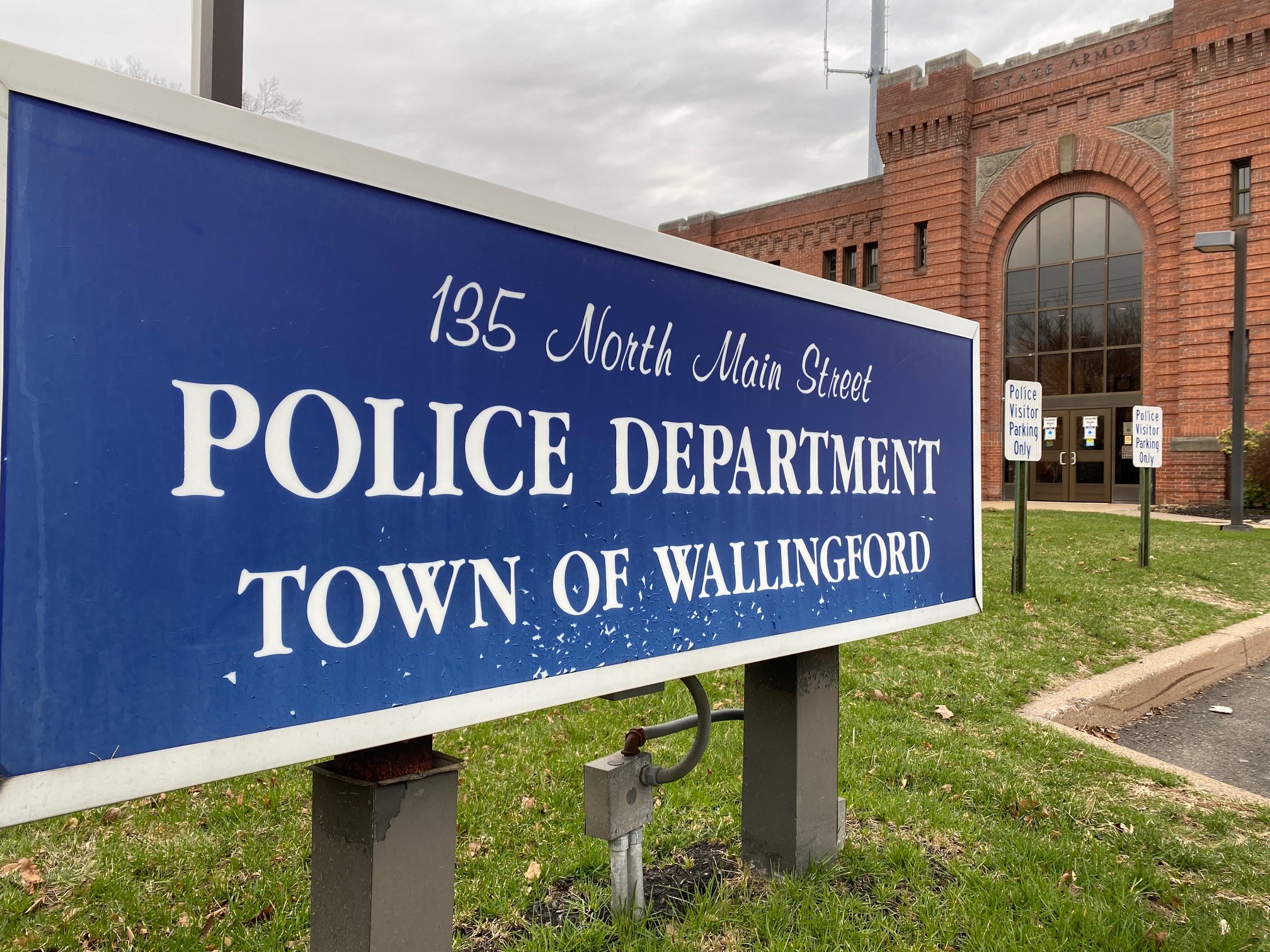Cities and towns have been waiting since last fall to learn how much money they could receive from the state. That municipal aid was tied up in negotiations over tolls, but now that the issue has been tabled, the state legislature is moving ahead with this critical funding.
Democrats said municipal aid accounted for about half the money in the bond package, but Republicans complained that it also contained a lot of pork.
“There’s a long list of things that are on there that I don’t think we need and pet projects, an unbelievable amount of pet projects,” said Len Fasano, (R) Senate Minority Leader.
“This is not overspending. It is smaller than many bond acts that we have had in recent years,” said Martin Looney, Senate President Pro-Tem.
The bond package included $1.9 billion in borrowing for road work, school construction and affordable housing.
The money still has to be allocated by the bond commission headed up by Gov. Ned Lamont.
“What we authorize today is very different than what the bond commission allocates and that number may still fall far below $1.9 billion,” said House Majority Leader Rep. Matt Ritter.
Local
Lawmakers said Lamont’s “debt diet” has led to fewer projects put up for a bond vote.
“The debt diet has from the governor’s point of view, served its purpose because there’s been so little bond commission action,” said Looney.
Some Republicans doubted whether some of the programs included in the package would ever receive the funding authorized by Wednesday’s vote.
“The reality is there are millions and millions of dollars that have been approved by this legislature that have not been put on the list and it that’s because we want to limit our borrowing I recognize that, that is a real reason, but then don’t sit in the House and Senate, hit your button, tell everybody you voted one way, knowing darn well it’s never going to be given to your town or your area,” said House Minority Leader, Themis Klarides.
“If we’re going to fix this state we have to be honest and forthright, upfront about what we can afford, what we can do. Not to move things along, give everyone what they want, throw everything there, I don’t care, we need this vote we need that vote, we’ll buy this we’ll buy that, but the governor’s saying none of that’s getting by me,” Fasano added.
Lamont’s office stood by his track record on bonding, telling NBC Connecticut: “The governor’s dedication to reducing our borrowing, taking steps to address our long-term liabilities, and preserve our record-high Budget Reserve Fund have resulted in our first credit rating outlook improvement in decades…”
Klarides, the top Republican in the House, voted against the bill, though it passed with bipartisan support.
“We’re taking care of our municipalities, making sure they get money for their road repairs, there’s investment in city brownfield grants, it’s a good package,” said Ritter.
Republicans took issue with $45 million for the quasi-government group MRDA, which they said has yet to fully organize and meet and only $50 million for small towns in what is known at as STEAP grant. They wanted to redirect that MRDA money into STEAP.
They also called for $37 million to be pulled from the XL Center for renovations, citing the fact that the facility has been losing money.
“The XL Center is key to the redevelopment of the city of Hartford,” said Ritter.
Ritter pointed out that three Fortune 100 companies wrote a letter to the legislature asking for funding for the facility.
“This is critical to Hartford’s success, this is critical for recruiting and retaining young people,” said Ritter.
The top Republican in the Senate, Fasano, pointed out that Lamont promised not to borrow more than $1 billion.
“This governor needs to stand up to for what the promises he’s made to the state of Connecticut and to this legislature. The governor’s failed in this case,” said Fasano.
“We have worked diligently and collaboratively with the subcommittee chairs of bonding, committee chairs of finance and legislative leadership to reach a bond package that benefits our cities and towns and provides options that are responsible to the needs of our state. The simple truth is that net new General Obligation authorizations are down 11% and Special Tax Obligation authorizations are down 19% than those authorized on average in the prior administration,” said Lamont’s Communication’s Director, Max Reiss.
House Republicans offered up a $1.7 billion bond package that included $5 million for vocational schools.
“There’s a wait list of up to 1,000 in some of our technical schools in Connecticut, and those are places where kids really learn a skill,” said Klarides. “Nobody’s ever saying you know I can’t find a lawyer anywhere, but nobody can find a plumber or an electrician.”
It was voted down along party lines.
Up to $5 million was approved to fight the coronavirus, though Republicans argued the money should come from the rainy day fund or state’s salary adjustment fund.
As the state shuts down the Capitol the rest of the week for a thorough cleaning, legislative leaders admitted this health emergency could narrow the scope of an already shortened session.
“It would be naïve to think the legislature will not also be impacted in some way, whether that means fewer bills, fewer session days, I think that’s probably a realistic assumption,” said Ritter.
Looney said lawmakers will have to re-prioritize this session, but he wasn’t ready to say publicly what might get put on the back burner.
On Wednesday, lawmakers announced that they will postpone all public hearings next week.
They will also move voting deadlines by three business days and allow lawmakers to vote on committee business by telephone while the state is under a public health emergency.
Thy changes are expected to be reevaluated on a daily basis.



